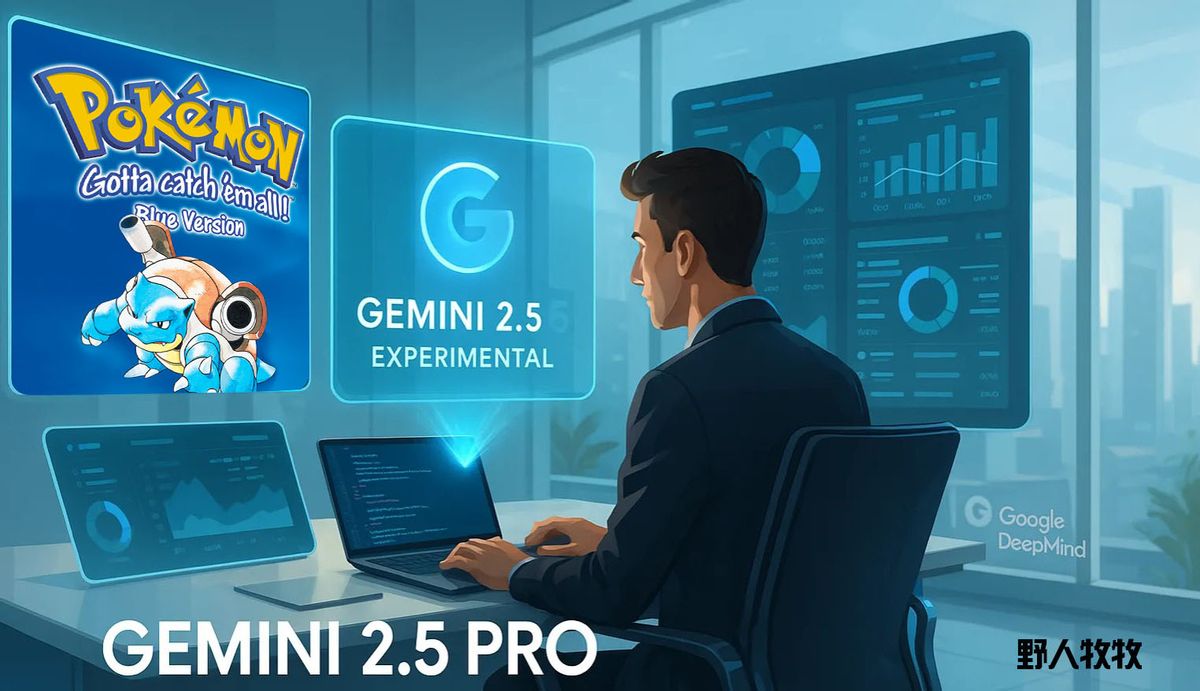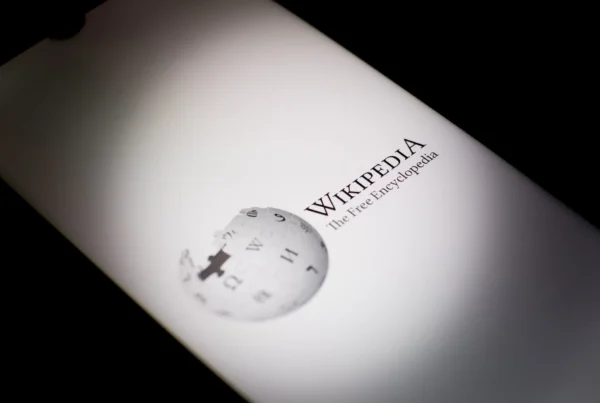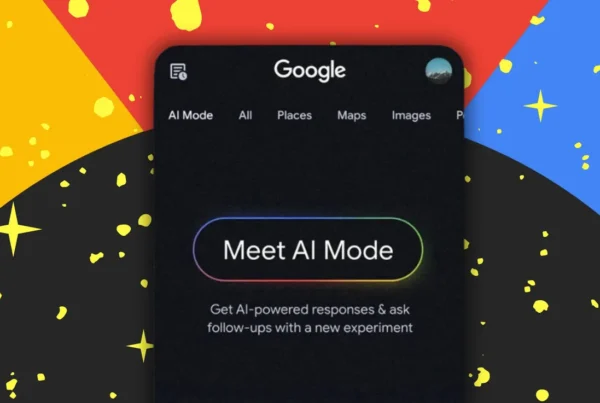
Let’s talk about something both nostalgic and futuristic: Google’s powerful AI, Gemini 2.5 Pro, just finished the classic Game Boy game Pokémon Blue. Yes, the very same game you might’ve battled your way through as a kid — or never beat because you got stuck in Mt. Moon (no judgment).
This isn’t just a fun little Easter egg. It’s a sign of how far artificial intelligence has come. AI isn’t just writing emails and generating cat photos anymore — it’s playing full-blown video games that require strategy, memory, and patience. That’s no easy feat, even for humans.
So, who’s behind this digital Pokémon Master?
While Google’s top execs — including CEO Sundar Pichai — have been cheering on this experiment, the real work was done by a solo developer named Joel Z., a 30-year-old software engineer who’s not even part of Google. He created a project called “Gemini Plays Pokémon” and has been live-streaming it for all to see.
This isn’t the first time AI has tried to conquer a Pokémon game. Earlier this year, Anthropic (another AI company) showed off its own AI, Claude, making progress in Pokémon Red. Inspired by that, Joel set out to see if Google’s Gemini could go the distance — and it did.
Wait, how does an AI even play a video game?
It’s not as simple as plugging Gemini into a Game Boy and letting it mash buttons. The AI is paired with a setup called an “agent harness” (fancy name for a support system). Basically, the AI is fed screenshots of the game, plus a bit of extra context — like where the player is or what options are available. From there, Gemini makes a decision on what to do next: Should it walk left? Battle a trainer? Use a potion? Once it decides, the system simulates pressing the right button.
Sometimes, Gemini even calls in special mini-AIs (called agents) to help with certain tasks, like doing a bit of math or remembering the layout of a cave. This teamwork helps the AI make smarter moves.
Did it cheat? Kinda? Sorta? Not really.
While Gemini got some guidance, Joel insists it didn’t receive walkthrough-level help. There were no “press A three times to win” hints. For example, the only time Joel stepped in was to tell Gemini about a known bug in the game that required talking to the same character twice to get a critical item — something even most human players struggled with back in the day. That bug was fixed in later versions, but it’s a classic headache in the original.
Joel says his role was more like a coach than a puppet master: helping Gemini reason better without giving away the answers. And to be fair, the system is still evolving — this is part of an ongoing project, not a one-and-done victory lap.
So… why does this matter?
Good question! This isn’t just about Pokémon nostalgia. These kinds of experiments show how AI can tackle problems that require a mix of planning, memory, learning from past mistakes, and adapting in real time — skills that are incredibly useful beyond gaming. Think: navigating software, helping with customer service, or even assisting in real-world decision-making.
While it’s still early days and AI isn’t quite ready to run the Pokémon League solo, the fact that Gemini pulled this off (even with some help) is impressive. It’s a fun, accessible example of AI learning to think and adapt — not just regurgitate data.
TL;DR:
Google’s AI, Gemini 2.5 Pro, just beat Pokémon Blue — with some coaching from an independent developer. It’s a geeky milestone, but also a glimpse at how smart and flexible AI is becoming. Pikachu would be proud.
Gemini 2.5 Pro continues to make great progress in completing Pokémon!
Just earned its 5th badge (next best model only has 3 so far, though with a different agent harness) 👀 pic.twitter.com/LwIyq64eXT
— Logan Kilpatrick (@OfficialLoganK) April 18, 2025




